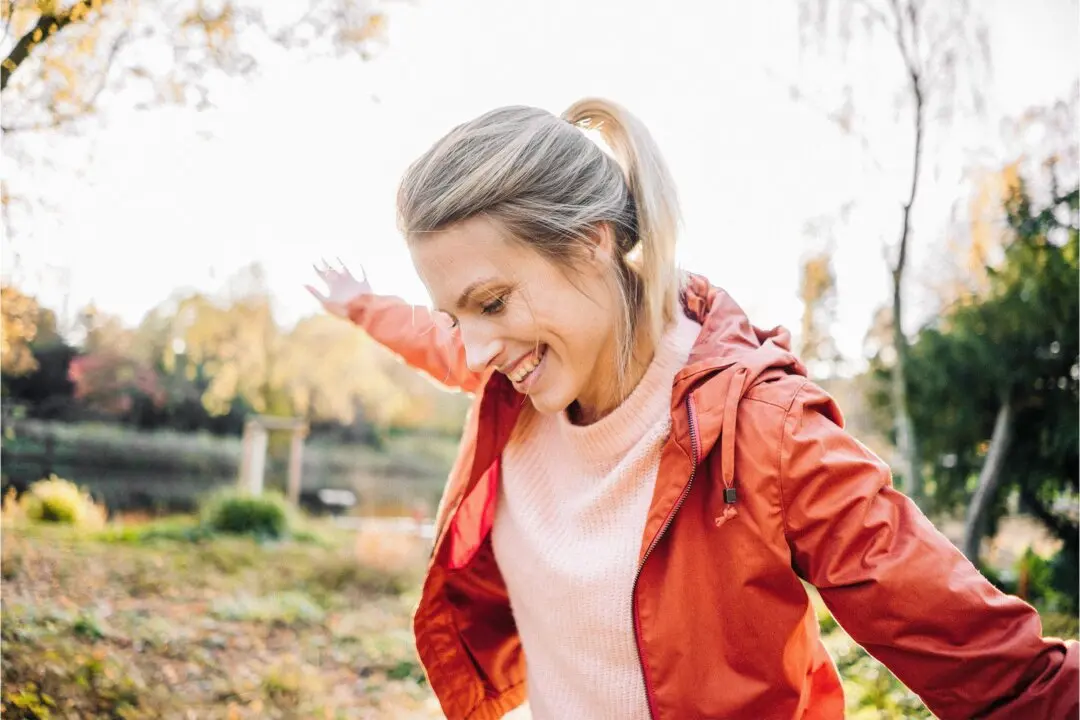At the end of July, Kristen Campbell announced that she would be hosting her first beach yoga retreat in October. In a week, it was fully booked.
Campbell, owner of Cushing Yoga + Barre in Oklahoma, has attended dozens of wellness events and has regularly incorporated a specific schedule of retreating into her own lifestyle quarterly, weekly, and even daily. She has previously co-led retreats, but this will be the first one she hosts on her own.






